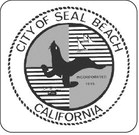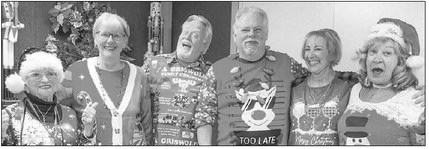Church of Jesus Christ of Latter-Day Saints
“Faith is as essential as food,” said Sister Sharon Eubank at the Oct. 17 G20 Interfaith Forum. Sister Eubank, first counselor in the Relief Society general presidency and director of Latter-day Saint Charities, spoke on the commitment of faith networks to disaster risk reduction.
Latter-day Saint Charities mounted its most enormous response to COVID-19 and the food crisis by coordinating with trusted governments, communities and other faiths. “Supply chains were shriveling, and traditional community networks were strained,” Sister Eubank stated. “However, those old networks found creative new combinations.”
Hundreds of the Latter-day Saint charity projects bring food to families like the one in Iran, whose father and 8-year-old son collected scrap metal. When the father died of COVID-19, the boy and his sister couldn’t gather enough metal to buy food. Latter-day Saint Charities provided funding to Mothers Without Borders, who provided a month’s food supply.
Sister Eubank affirms that families and communities should focus on long-term preparedness.“Communities that do these small things build self-determination. They don’t have to necessarily wait for agencies,” she said Eubank suggested that policy makers should form councils of local leaders and faith stakeholders to coordinate during a disaster. Councils encourage households to have emergency food and water for at least 72 hours. They work together to arrange back-up power, provide health facilities, arrange for alternate transportation and communication, and designate command centers and shelters. They test emergency plans to minimize hunger and suffering.
This preparation process develops personal relationships of trust and respect between faith communities, governments and NGOs. These efforts affirm the words of King Benjamin: “When ye are in the service of your fellow beings ye are only in the service of your God.”


